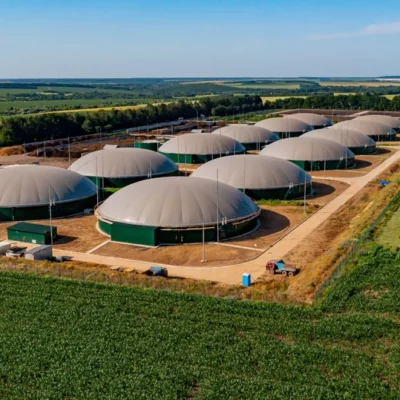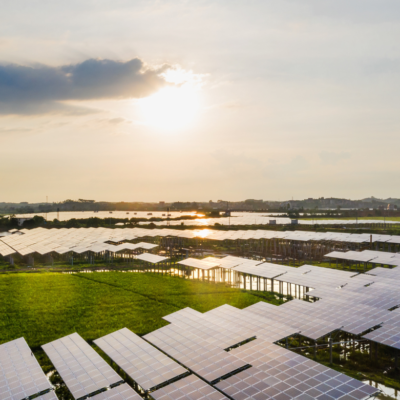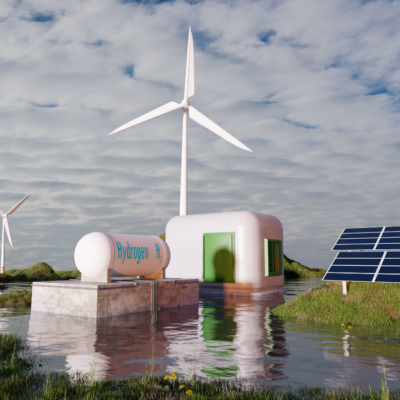
Necon is involved in the implementation of renewable energy power plants while also incorporating cybersecurity measures. This approach reflects the increasing importance of securing critical infrastructure like solar energy installations from cyber threats.
Renewable energy Power Plants Implementation
Necon’s involvement in the design, construction, and maintenance of solar plants contributes to the expansion of clean and sustainable energy sources. Solar energy is essential for reducing carbon emissions and mitigating climate change.
Cybersecurity Integration
Adding cybersecurity measures to solar plants is crucial as these systems are increasingly connected to networks and the internet. Cybersecurity safeguards protect against potential threats like cyberattacks, data breaches, and system disruptions, ensuring the continuous and secure operation of solar energy infrastructure
Protection of Critical Infrastructure
Solar plants are considered critical infrastructure, and securing them against cyber threats is essential to prevent potential disruptions that could affect energy generation and distribution.
Grid Integration
Many solar plants are connected to electrical grids. Securing the communication and data exchange between solar installations and the grid is vital for grid stability and cybersecurity.
Data Security
Solar plants generate vast amounts of data related to energy production and performance. Implementing cybersecurity measures helps protect this data from unauthorized access and potential manipulation.
Regulatory Compliance
Adhering to cybersecurity standards and regulations is essential, especially in sectors like energy, where compliance with cybersecurity standards is increasingly enforced by regulatory authorities.
Customer Confidence
Demonstrating a commitment to cybersecurity can instill confidence in customers and stakeholders, assuring them that their energy supply is reliable and secure.
Cyber Threat Mitigation
Necon’s expertise in cybersecurity can help identify and mitigate potential threats, vulnerabilities, and risks associated with solar plant operations.
By combining expertise in Renewable energy power plants implementation with cybersecurity practices, Necon is well-positioned to provide comprehensive solutions that not only harness the power of renewable energy but also safeguard critical infrastructure from cybersecurity threats. This integrated approach aligns with the growing importance of cybersecurity in the energy sector.
Some of the Renewable industry that we served :
Bio Fuel
Biofuels are renewable energy sources derived from organic materials, primarily plant matter and animal waste. These fuels are considered an alternative to fossil fuels and are produced through various processes, including fermentation, distillation, and chemical reactions.
Biofuels play a crucial role in diversifying the energy mix and reducing the carbon footprint of transportation and energy sectors, contributing to global efforts to combat climate change and transition to more sustainable energy sources.
Solar Power Plants
global shift towards clean and sustainable energy sources. These large-scale installations harness the abundant energy from the sun and convert it into electricity through photovoltaic panels or concentrated solar power technology. With their expansive arrays of solar panels, advanced tracking systems, and efficient inverters, solar power plants are capable of generating significant amounts of electricity, reducing dependence on fossil fuels, and mitigating greenhouse gas emissions.
Hydrogen
Hydrogen produced from CO2-free electricity has the potential to replace the use of fossil fuels and feedstock in many industrial sectors, from steel to fertilizers. It’s chemical properties make it versatile, with many different uses ranging from being an energy carrier in its own right, via exchanging fossil coal in steel and iron production, to sustainable fuels. Efforts are underway in many countries and industries to reduce costs, and promote its integration into a sustainable energy future




